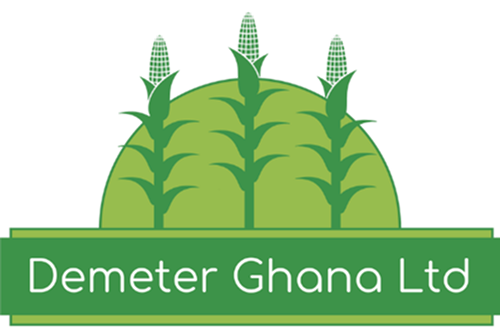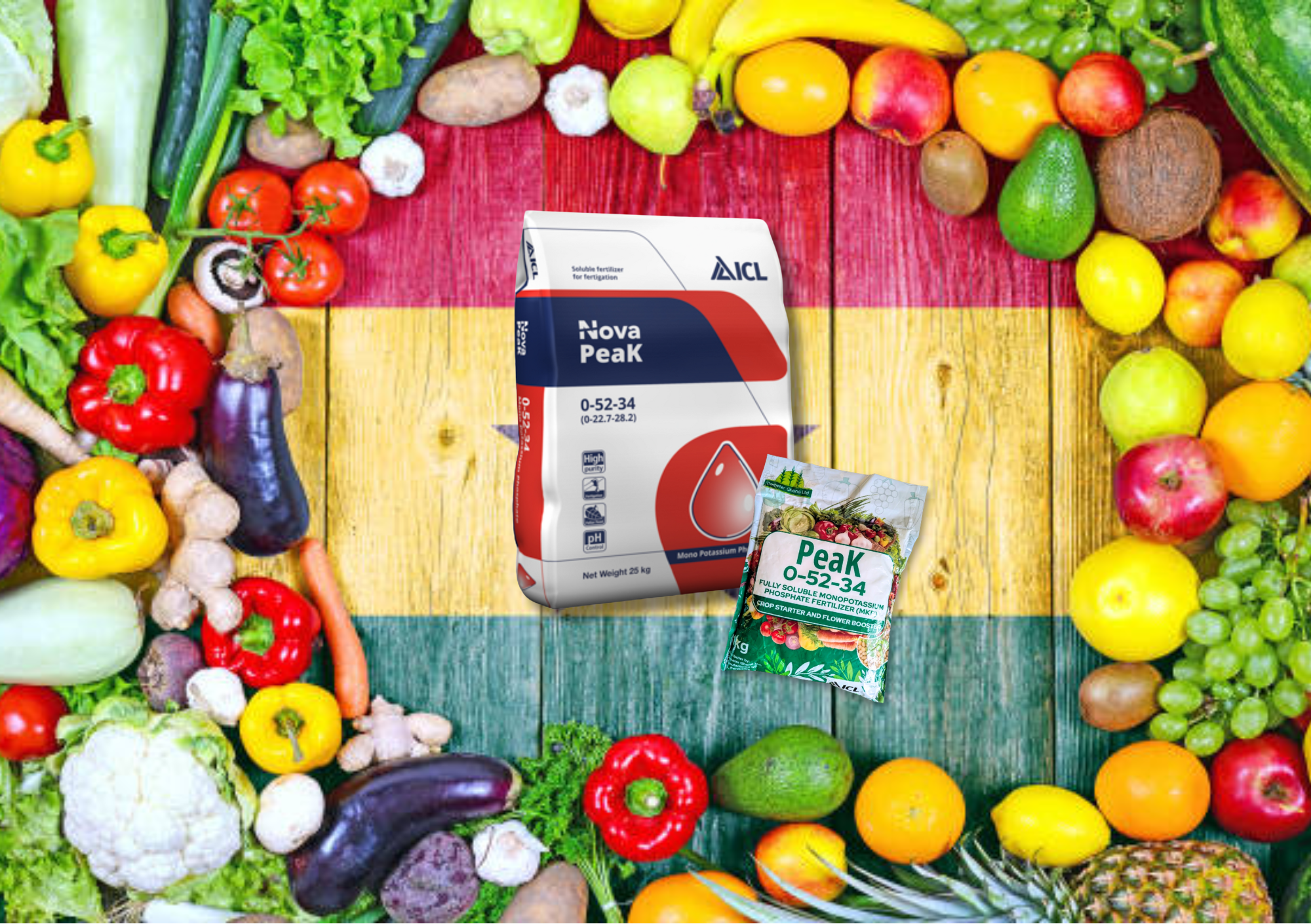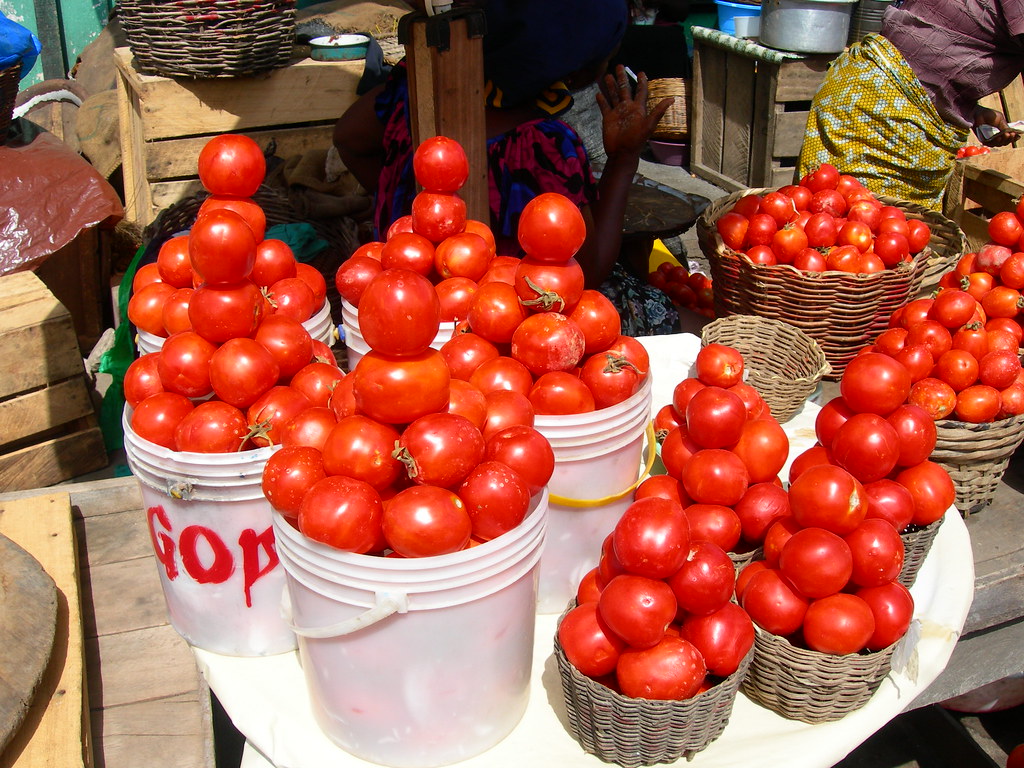Closing Ghana’s Yield Gap: A National Priority Rooted in the Soil
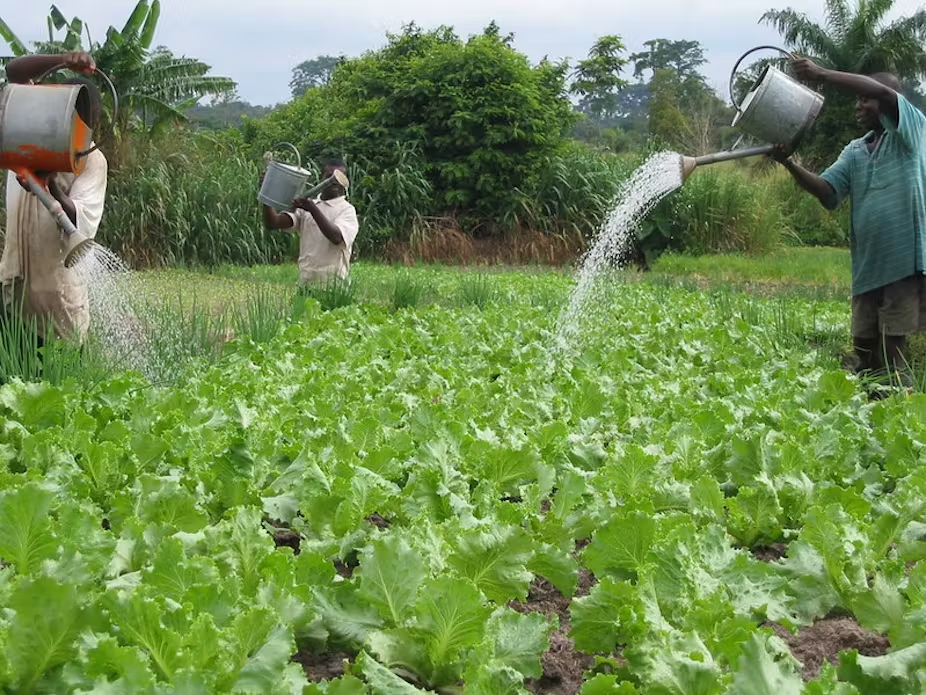
About 60% of Ghana’s farms are under 1.2 ha, and roughly 25% are between 1.2 and 2 ha; over 85% of holdings are under 2 ha (FAO, 2021). These small, mostly family-run farms are spread across many agroecological zones and grow a wide range of crops. They are the backbone of Ghana’s food system but often operate far below their potential.
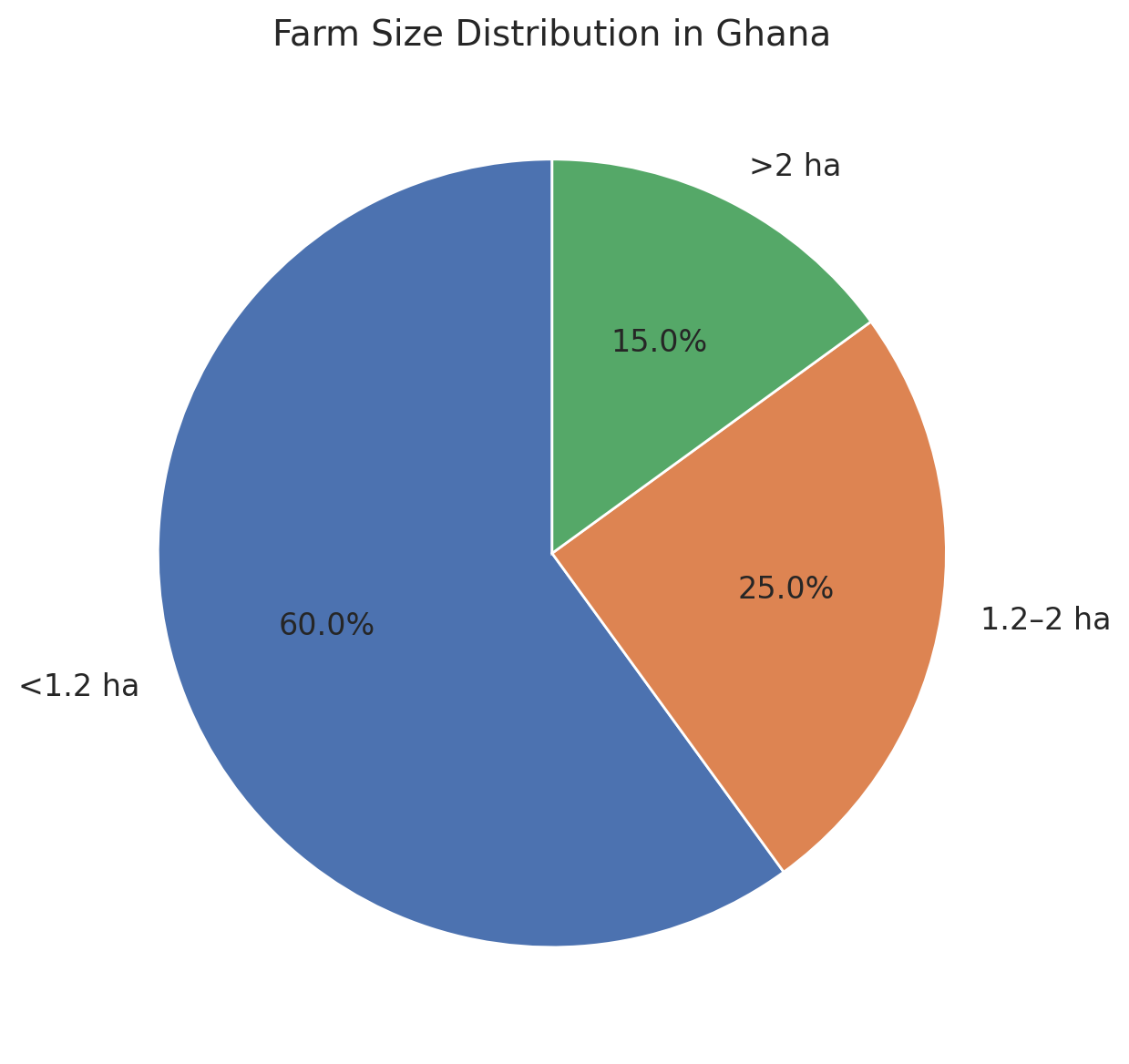
Smallholder farmers are not just crop producers; they are entrepreneurs, community leaders, and custodians of rural landscapes. Their livelihoods, and the nation’s food security, depend on their ability to grow enough food, sustainably, year after year. Yet, despite their critical role, they frequently face significant barriers that limit their productivity, income, and resilience to shocks like climate change.
The Yield Gap Is Real
The yield gap is the difference between what’s possible with good agronomic practice and what farmers actually achieve. In Ghana, that gap is wide.
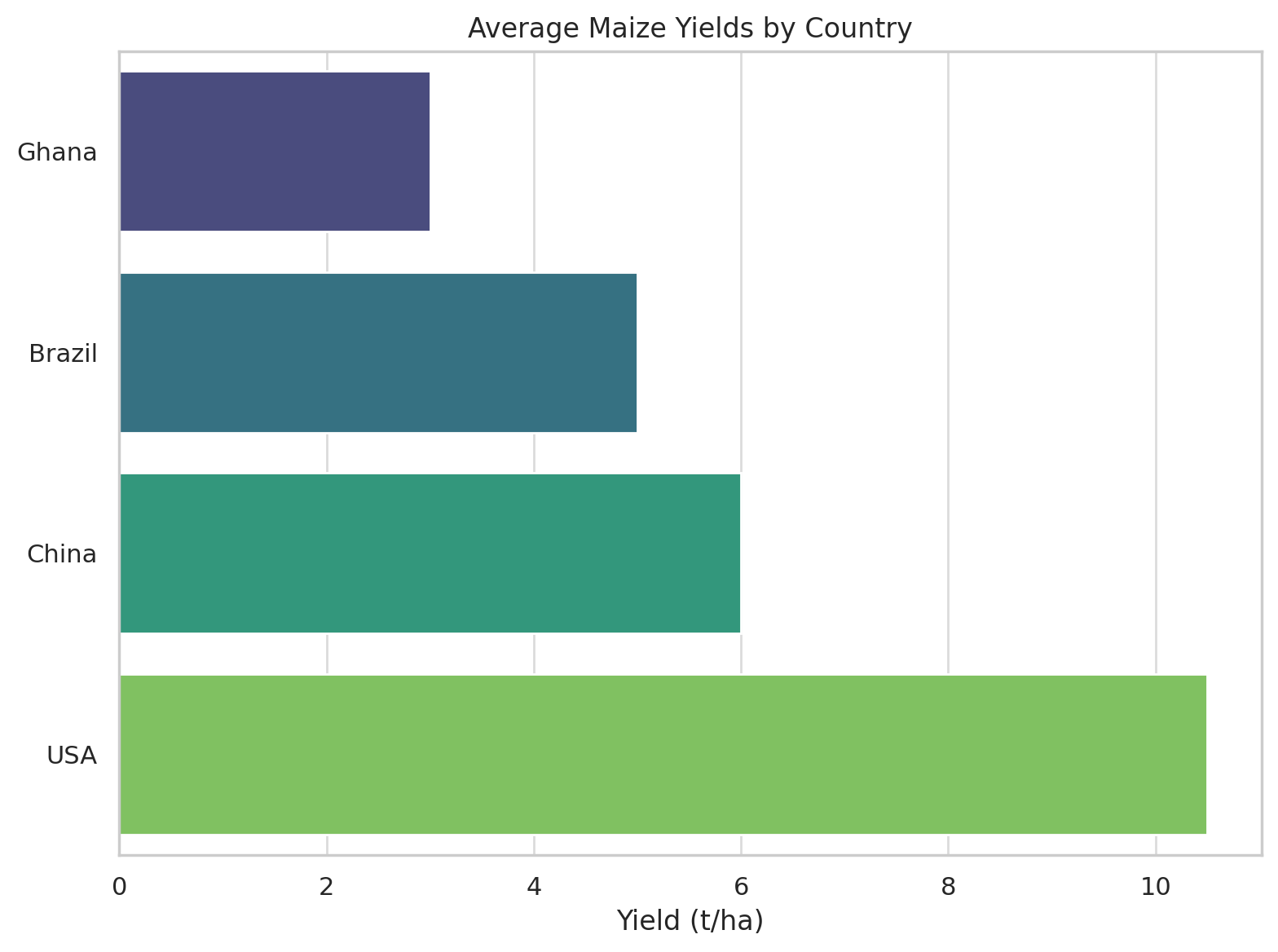
- Ghana: 3 t/ha
- Brazil: 5 t/ha
- China: 6 t/ha
- USA: 10–11 t/ha
With improved seed, correct spacing, fertiliser, timely weeding and basic pest control, yields of 5+ t/ha are realistic. Similar gains are possible for rice, tomatoes, groundnuts and soya. The potential is clear, but farmers need better access to knowledge and inputs.
This yield gap represents a significant opportunity. If Ghana’s farmers could close even half the yield gap across staple crops, the country would see a dramatic rise in food availability, reductions in imports, and greater household income for millions of rural families.
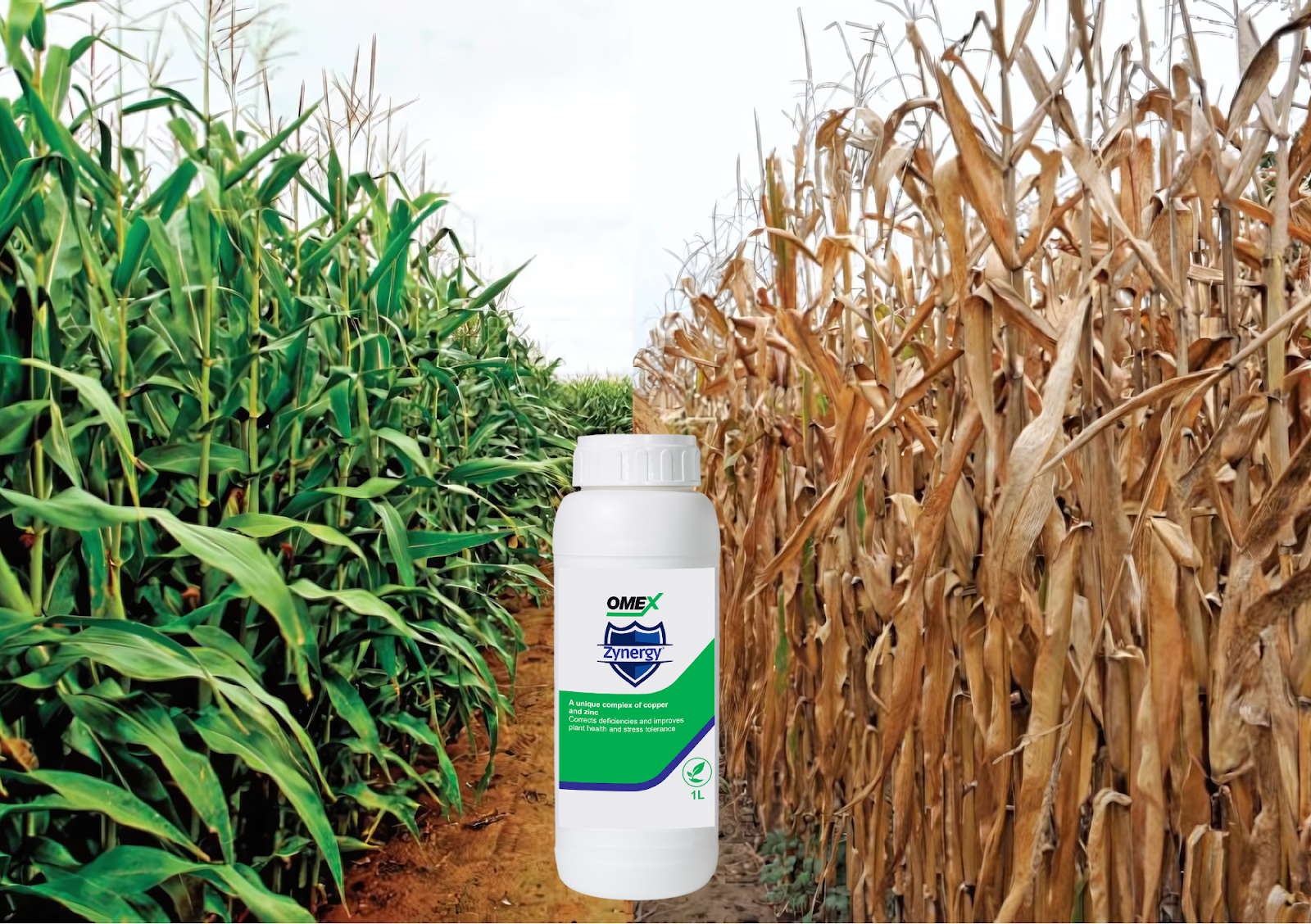
More Than Just Inputs
Closing the yield gap is not only about supplying more fertiliser. It requires:
- Using the right seed for the region and season
- Knowing when and how to apply fertiliser effectively
- Managing soil acidity with lime, especially in older or high‑rainfall fields
- Practising integrated pest management
- Cutting post‑harvest losses
These steps are achievable but depend on practical knowledge and farmer confidence.
Soils across Ghana differ greatly, from the sandy soils of the savannah to the heavier, often more acidic soils in forested areas. Soil testing, though underutilised, is an essential first step to tailoring input recommendations.
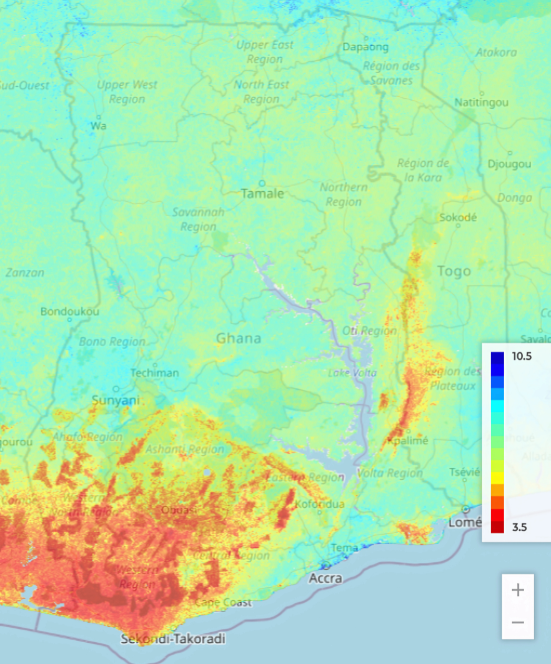
Climate variability makes timely decision-making more urgent. Planting just one week earlier or later, or applying fertiliser before an expected rain, can drastically affect yields. Access to weather forecasts and simple agronomic calendars can be game-changers.
Reaching Millions of Farmers
Sharing good agronomic advice with millions of farmers is complex. Our farmers grow many crops, often several at once, and listen to hundreds of local radio stations in dozens of languages. Formal education levels vary, and many farmers are understandably cautious; adopting new practices carries real risk if a season fails.
Trust is built when farmers see their neighbours succeed with a new method or product. Peer learning and farmer-led experimentation are powerful tools. When farmers observe that applying lime improves yields or that spacing plants correctly leads to better harvests, adoption rises naturally.
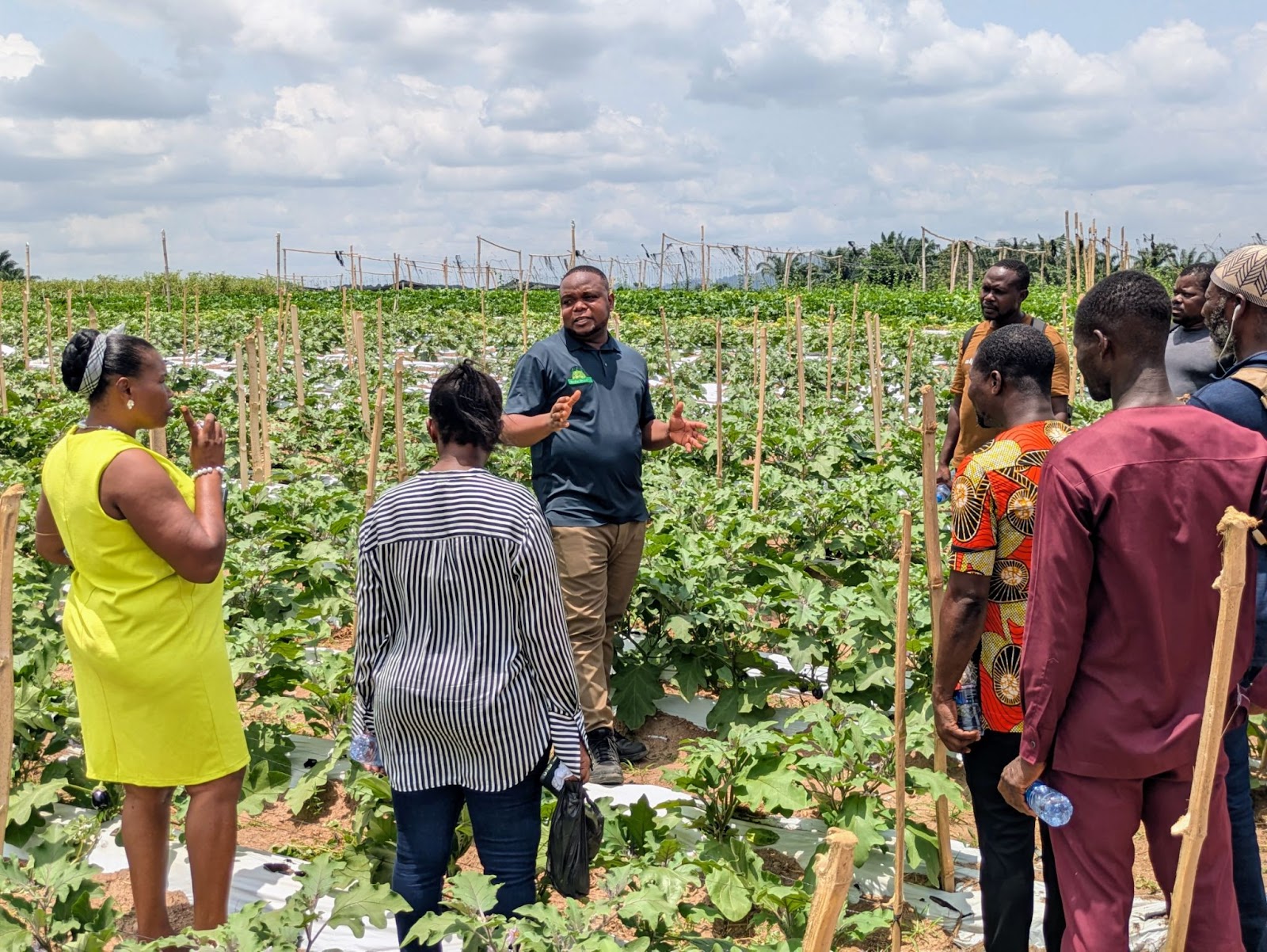
How Demeter Ghana Engages
To build trust and share practical knowledge, we invest in:
- Social media content educating farmers on agronomic practices
- Demonstration plots and AB experiments showing real‑world results
- Community training sessions to provide hands‑on learning
- Radio broadcasts and interviews with our agronomists in local languages
- Product trials to validate new inputs before scaling
We also equip agri-dealers with the knowledge and tools to guide their customers. These retailers are often the first point of contact for many farmers and play a critical role in influencing decisions.

Productivity Powers the Economy
Ghana’s goal of a 24‑hour economy and stronger agroprocessing sector depends on a consistent, seasonal supply of raw materials in sufficient quantity and quality. Processors need reliability; if local production falls short or is too costly, they import instead.
Higher yields support better nutrition, rural employment, and stable markets. In addition, higher productivity reduces the per-unit environmental footprint of food. When farmers grow more on the same land, deforestation slows, and pressure on fragile ecosystems eases.
Our Role
Demeter Ghana exists to close the yield gap. We combine high‑quality inputs with practical, locally relevant advice. We work directly with farmers, agri‑dealers, processors and institutions so that every part of the value chain contributes to better farm productivity.
This work is continuous and grounded in the realities of Ghanaian agriculture. Raising productivity benefits farmers and strengthens the wider economy.
Ultimately, the yield gap is not just an agronomic challenge; it is a national priority. Closing it requires collective effort from government, the private sector, research institutions, and farming communities. Together, we can grow more, waste less, and ensure that Ghana’s agriculture delivers on its full promise.
